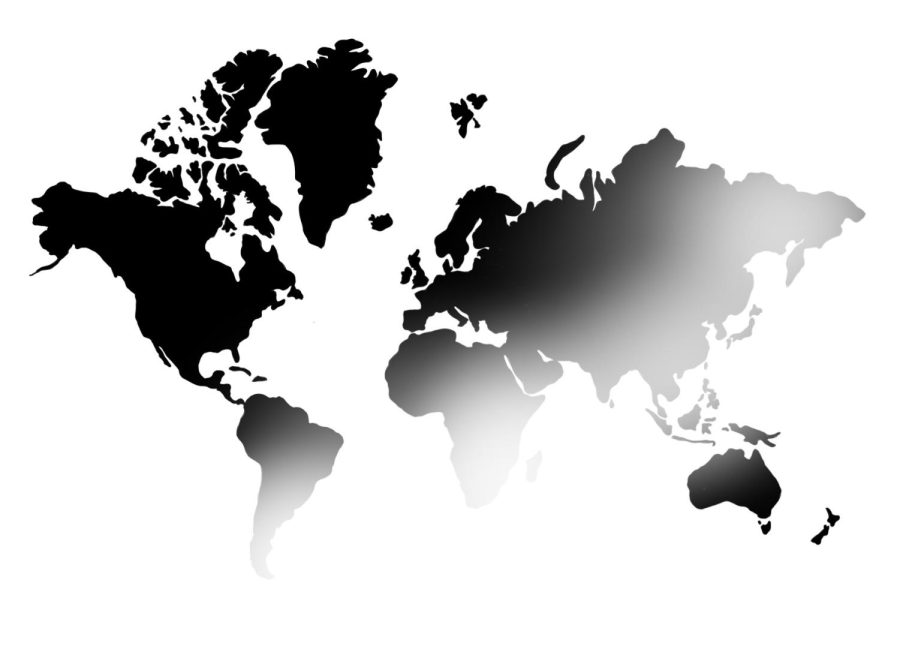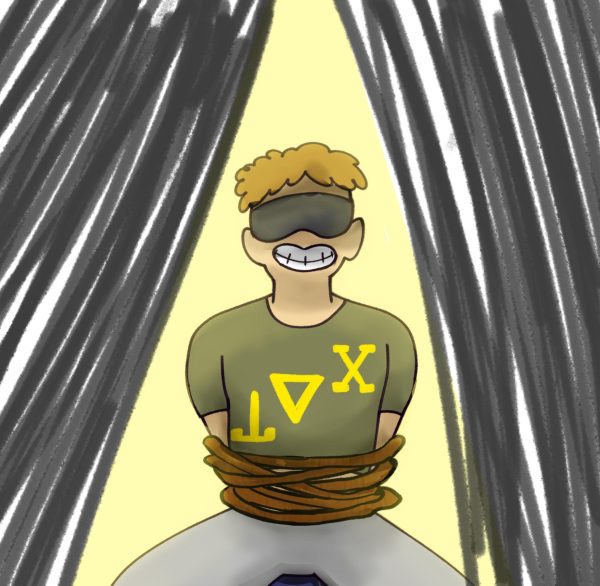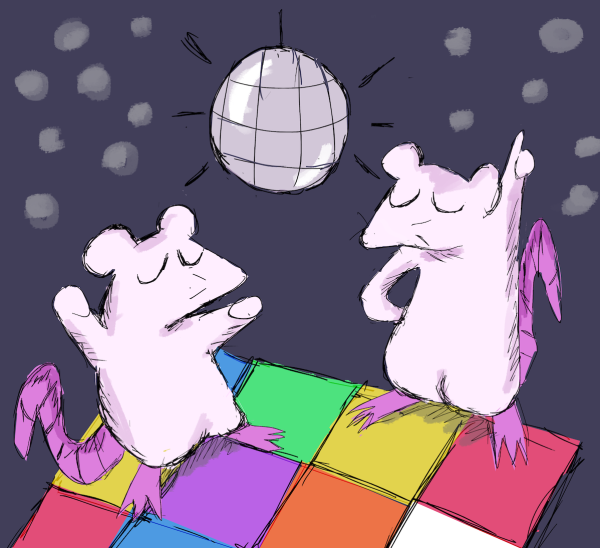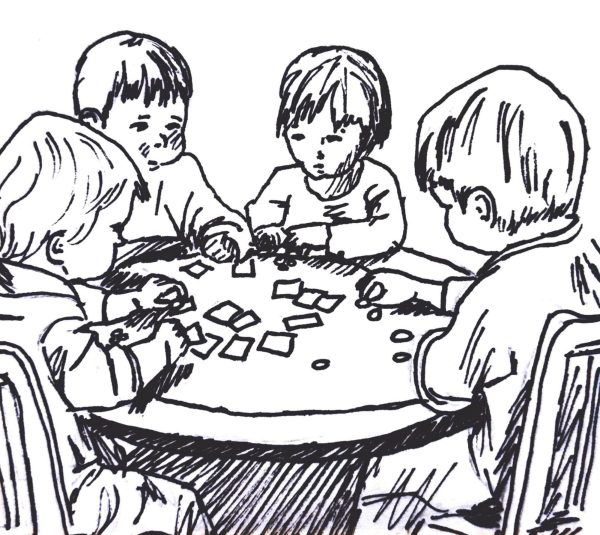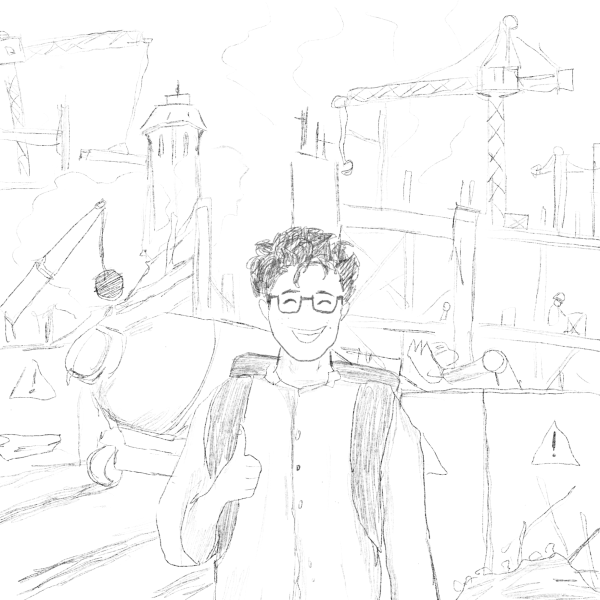An unknown conflict
World Health Organization Director-General Tedros Adhanom Ghebreyesus calls it the world’s “worst disaster”, so why aren’t we talking about it?
In the first semester of my first year at Trinity, I took Introduction to International Politics, and as a foreign relations nerd, I absolutely loved it because we got to take deep dives into international conflicts. However, the course highlighted a gaping hole in my understanding of current world affairs — I was only aware of conflicts in the Western world.
My first project assignment was about the conflict between Ethiopia and Tigray, and I was embarrassed to know nothing about it. My classmates were all in the same boat, yet together, we began to learn about the tragedies committed in the ongoing Ethiopian civil war.
Ethiopia is a country in Northeastern Africa or the Horn of Africa, and Tigray is a northern state of Ethiopia, home to ethnic Tigrayans. The conflict in Tigray arose when the Ethiopian prime minister, Abiy Ahmed, attempted to dismantle the power of the Tigray People’s Liberation Front (TPLF), the former ruling party of Ethiopia. In a pre-emptive attack, Tigrayan forces sieged an Ethiopian military base in November 2020, prompting Ahmed to counter with a military operation that contributed to ongoing violence in the region.
Since then, Ahmed has been successful in cutting off almost all foreign aid to Tigray. This loss of aid, coupled with the drought plaguing the region, has created “Twin Disasters,” as classified by Foreign Policy’s Christina Lu. The Washington Post’s Cara Anna reports that humanitarian and local medical workers are seeing “people starving to death and basic medical supplies running out.”
Accusations of ethnic and gender-based violence by the Ethiopian and Eritrean forces have been rampant since the beginning of the war. Both Amnesty and Human Rights Watch have found evidence of ethnic cleansing, based on disturbing quotes of Ethiopian soldiers and officials wanting to end the existence of all Tigrayans in Ethiopia, according to the BBC.
So, why doesn’t the general population know about this? Mainstream media seems to be all about doom and gloom, yet a horrible tragedy like that of the Ethiopian civil war and environmental crisis is not broadcasted. The WHO’s Director-General Tedros, a Tigrayan, theorizes that the developed world has not spoken about this crisis, and “maybe the reason is the color of the skin of the people in Tigray.”
The atrocities committed against the people of Tigray do not seem to be a priority for western governments, as shown by the lack of media coverage of the war. What is interesting in comparison is the media attention around the war in Ukraine, one committed primarily against a fair-skinned population, which has swept Western news headlines for months. For weeks, Western audiences were inundated with the tragedies sweeping across Eastern Europe, and it was devastating, for a viewer to watch. This contrasts greatly with the world’s response to Tigray.
The deep, emotional reaction of Western audiences to the coverage of the war in Ukraine has been beautiful to see. Why can’t we create a similar response to the situation in Tigray? Are media outlets concerned that if they focus on a similarly devastating conflict, people will dismiss it as just another war in a developing nation? Or that because Tigrayan people are so different from Westerners and their way of life, people wouldn’t feel the humanity of the situation?
I think there are a multitude of factors that play into this disproportionate media coverage of white crises versus non-white crises. These include the inherent racism still present in Western society, the othering of developing nations and their peoples and the fact that the conflict is physically removed from the Western audience.
While this disparity cannot be fixed overnight, the Ethiopian civil war is still a human story. Civilians are being killed, starved to death, raped and targeted in ethnic cleansing. This war affects people who love their friends and families and who want safety for their loved ones. How could we not see humanity in Tigray as we do in Ukraine?
I challenge Trinity students, myself included, to seek out stories that affect people around the world and to shine a light on them. We have seen firsthand with the Ukraine war that widespread public support will generate more government action for suffering populations. The power of a large audience on a world tragedy is known, and if we work together to bring world leaders’ attention to the problem, they can’t ignore us. So let’s make world news, World news.
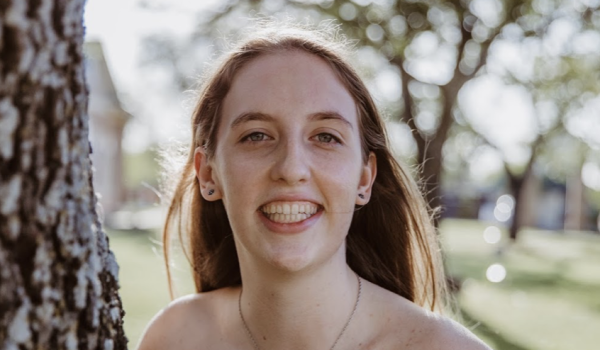
I am an International Studies and Political Science major with a minor in Spanish. My passions lie in studying methods of peaceful and diplomatic interactions...

